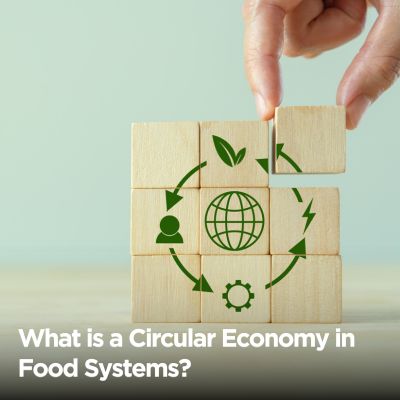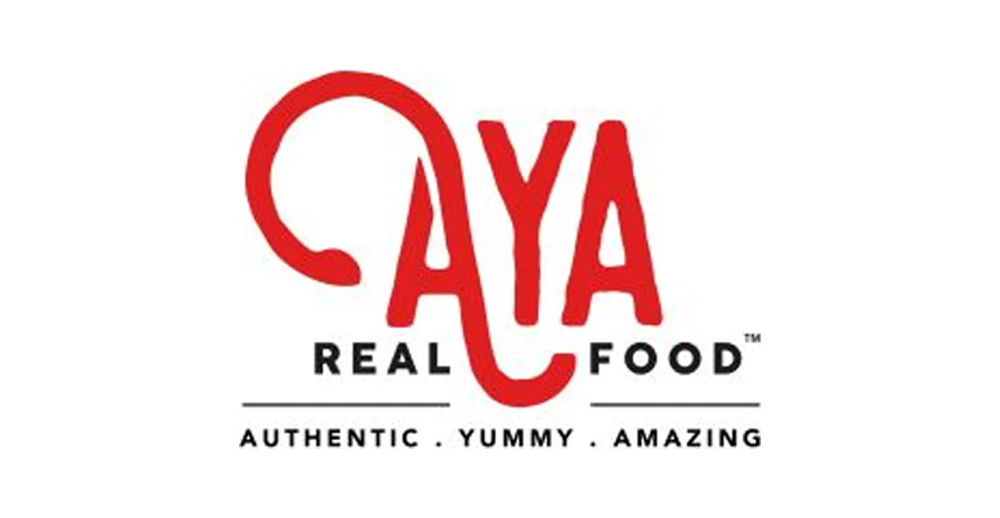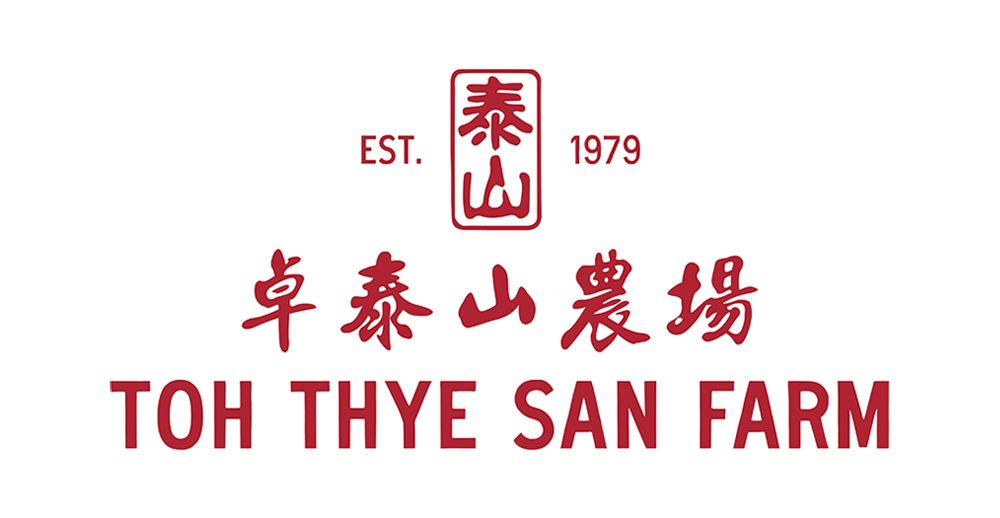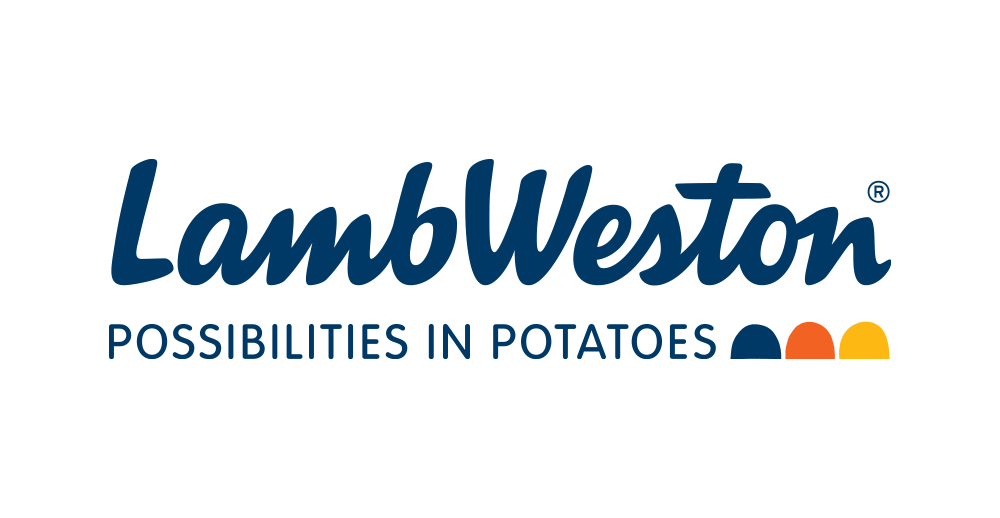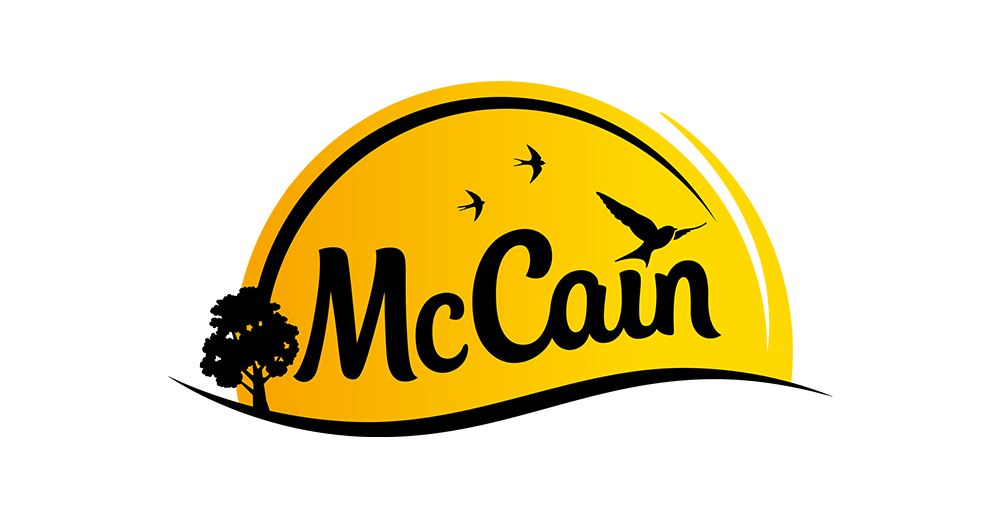Within the intricate network of the food industry’s supply chain, a pivotal figure emerges—the food distributor. These essential entities play a fundamental role in ensuring the seamless distribution of food products, orchestrating their journey from manufacturers to consumers.
This guide embarks on a comprehensive exploration of the world of food distributors. Our focus centers on defining their role, elucidating their functions, and highlighting their significance in optimizing the movement of goods.
As we navigate through the landscape of food distribution, we uncover how these entities meticulously establish and manage distribution networks, oversee essential product delivery processes, and contribute decisively to effective supply chain management.
This guide provides insights into the critical role that food distributors play, underscoring their contributions to the operational efficiency and success of the food industry.
Defining a Food Distributor
Facilitating Efficient Product Movement
Let’s unwrap the core idea behind a food distributor. Picture them as essential intermediaries positioned strategically between food producers and retailers.
Their central role? To ensure the seamless and efficient movement of products, creating a vital link that bridges the gap from food manufacturers to eager consumers.
In simpler terms, food distributors form a vital conduit within the food supply chain. They facilitate the smooth flow of goods, orchestrating the journey from where food is produced to where it’s ultimately enjoyed.
Acting as the distribution link, they navigate the intricate pathways of supply chain facilitation, ensuring that food products reach their destinations without disruptions or delays.
Functions and Responsibilities
Let’s dive into the vital functions and responsibilities that define the role of a food distributor. These entities wear multiple hats, with a core mission of ensuring the smooth progression of goods through the supply chain.
Sourcing Expertise: Food distributors are adept procurers, sourcing products from diverse manufacturers. Their ability to identify quality items and negotiate favorable terms streamlines the process of filling store shelves with various products.
Inventory Management: These distributors are meticulous guardians of inventory. They store and manage products efficiently, optimizing shelf space and minimizing wastage, which is crucial for maintaining a healthy supply of goods.
Logistics Mastery: Navigating the intricacies of logistics, distributors coordinate the movement of products from point A to B. Their coordination ensures timely delivery to retailers and end consumers, contributing to a well-orchestrated supply chain.
Communication Hub: As a central communication hub, food distributors foster effective collaboration between manufacturers, retailers, and consumers. This seamless exchange of information helps keep the distribution process running like a well-oiled machine.
Role in the Food Industry
Ensuring Smooth Supply Chain Flow
Let’s talk about the pivotal role that food distributors play in upholding a seamless supply chain.
Their skillful coordination is crucial, ensuring food products smoothly travel from the maker to the person who enjoys them.
Efficient Coordination: Food distributors skillfully organize the complex steps of supply chain management. Their ability to synchronize the movement of products ensures that goods arrive at retailers and end consumers precisely when needed.
Timely Accessibility: Picture them as the guardians of timely accessibility. By ensuring products are available when consumers seek them, distributors contribute significantly to the overall vibrancy of the market, keeping store shelves stocked and consumers satisfied.
Market Prowess: With their strategic positioning, food distributors enhance market accessibility. By connecting producers to a widespread network of retailers, they facilitate the seamless flow of products, making them readily accessible to eager consumers.
Enabling Retailer and Consumer Support
Let’s dive into how food distributors provide crucial assistance to both retailers and consumers. They play a vital role in ensuring that retailers have diverse products to satisfy consumer preferences, contributing to the abundant choices available in the market.
Retailer Partnering: Food distributors partner closely with retailers, ensuring they have various products on their shelves. This collaboration empowers retailers to meet their customers’ unique demands and tastes.
Consumer Delight: Thanks to the efforts of food distributors, consumers are spoiled for choice. A vast range of food options becomes accessible, allowing individuals to explore and enjoy a rich tapestry of flavors and cuisines.
Supply and Demand Balancing: Distributors act as the bridge that balances supply and demand. By connecting retailers with an extensive product variety, they help ensure that the ever-evolving preferences of consumers are met effectively.

Collaborative Power and Influence
Forging Alliances with Food Producers
This section uncovers the dynamic partnerships that food distributors establish with food producers. These collaborations lie at the heart of a well-functioning food supply chain, enabling a continuous flow of products, agile distribution, and alignment with ever-changing market trends.
Symbiotic Relationships: Food distributors form bonds with producers, nurturing a mutually beneficial ecosystem. These alliances are essential to maintaining a steady and efficient supply of products to meet consumer needs.
Trend Adapting: Collaboration with food producers empowers distributors to adapt to market trends swiftly. By staying attuned to shifting preferences, they ensure that the products reaching consumers’ hands resonate with current demands.
Responsive Distribution: Through these partnerships, food distributors enhance the agility of their distribution network. They can swiftly adjust their strategies to accommodate shifts in consumer preferences, ensuring products flow seamlessly from producer to consumer.
Fuelling Economic Growth
Now, let’s dive into food distributors’ significant economic role. Their streamlined distribution systems ignite economic benefits, from job creation and local business support to improved consumer access to diverse food products.
Job Creation Engine: Food distributors serve as engines of job creation, providing employment opportunities across various sectors, from warehousing and transportation to sales and marketing, enriching communities and livelihoods.
Local Business Boost: Distributors inject vitality into the economic ecosystem by supporting local businesses. Their partnerships with regional producers and retailers foster a thriving local market.
Widening Access: Thanks to the efficient distribution networks crafted by these industry players, consumers enjoy an expanded horizon of food choices. The accessibility of diverse products enriches culinary experiences and caters to varied tastes.
Wrapping Up
In conclusion, we’ve uncovered food distributors’ vital role in the food industry. These dedicated professionals ensure a diverse range of food products effortlessly reaches consumers, enriching global culinary experiences.
Global Culinary Enrichment: Food distributors shape our diverse palate. They allow people to savor flavors worldwide, enhancing culinary enjoyment.
Connecting Palates and Producers: Food distributors bridge the gap between producers and consumers. Their networks ensure a smooth journey from farm to plate.
Supply Chain Harmony: Food distributors form a crucial link in the supply chain, harmonizing the journey of food products and connecting cultures through shared culinary delights.
In sum, food distributors are pivotal in making culinary diversity accessible and enjoyable, cementing their role in the vibrant tapestry of the food industry.

